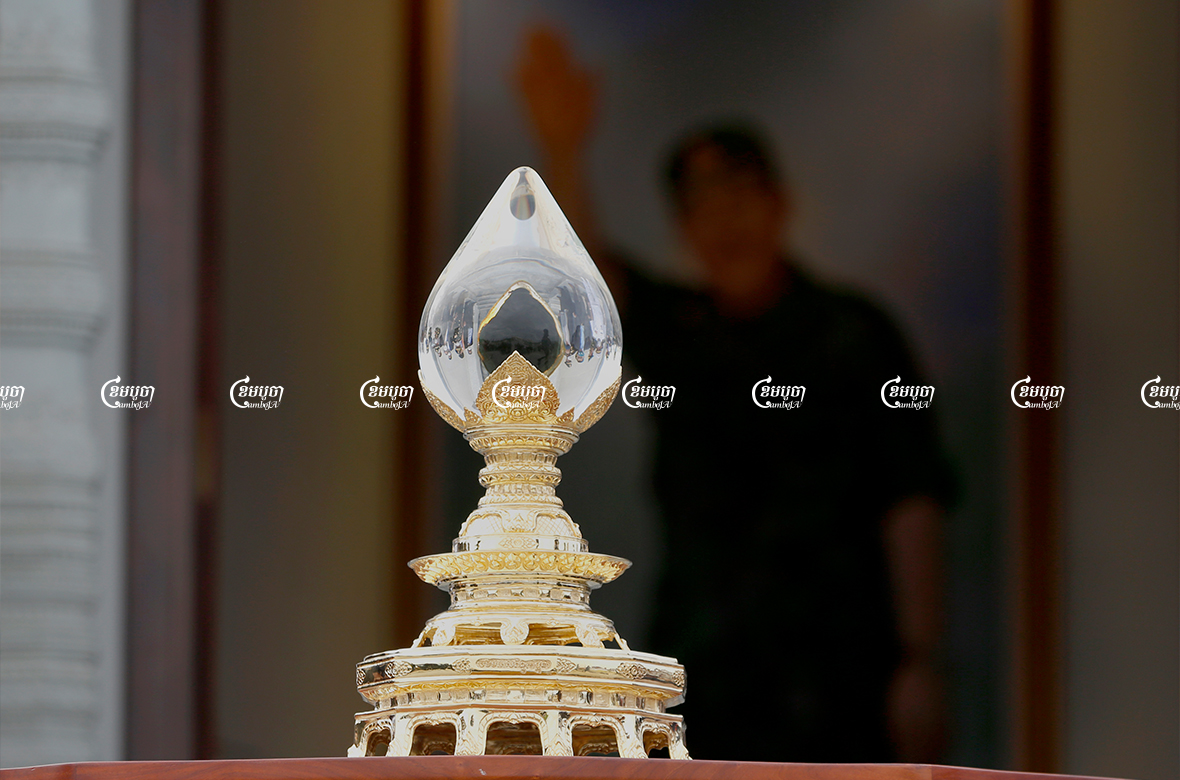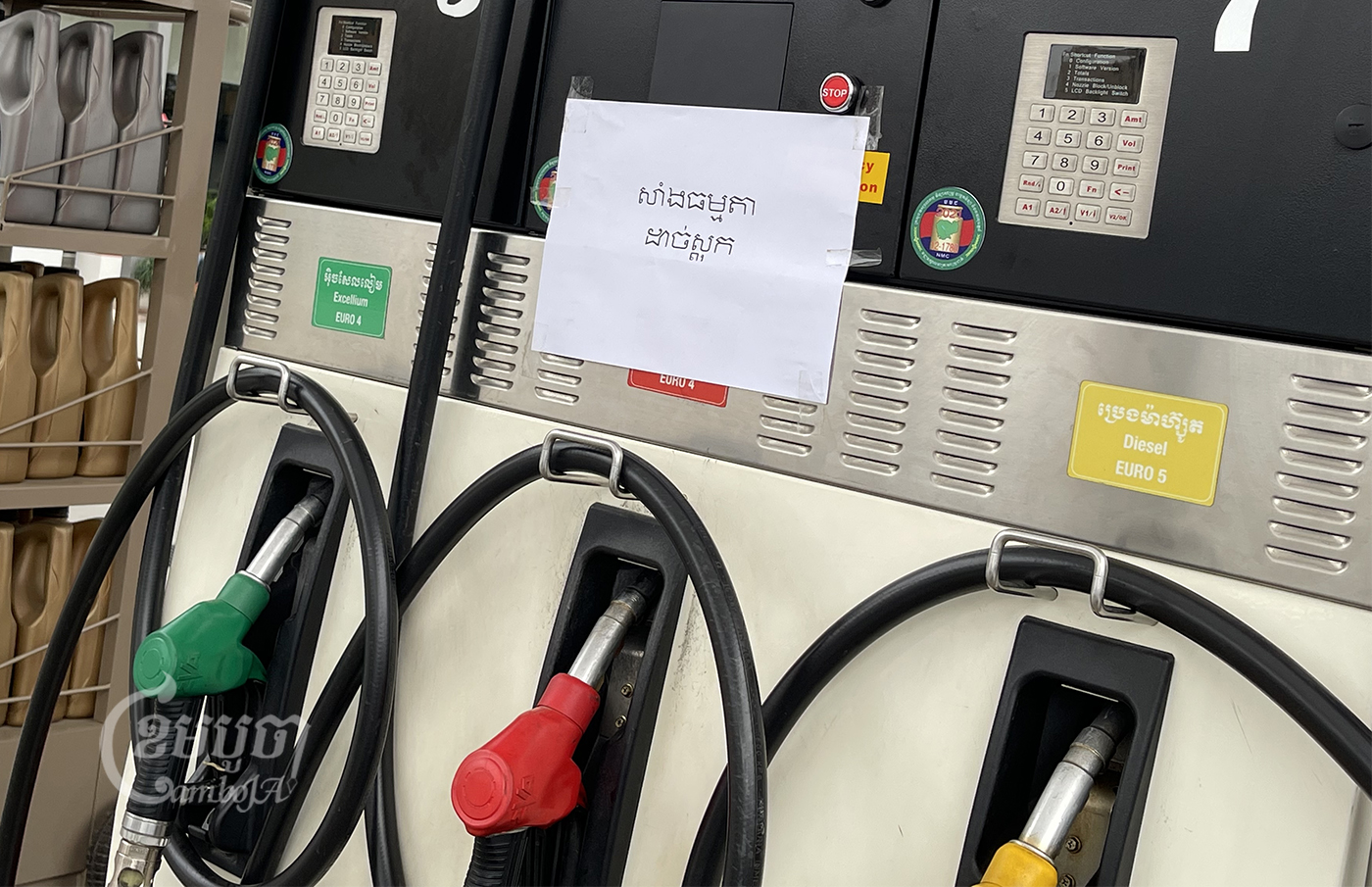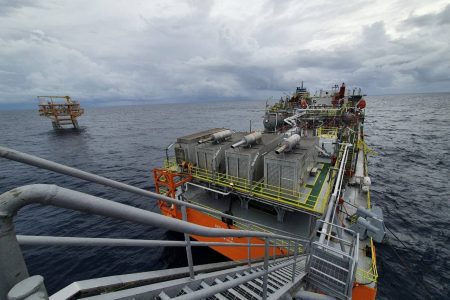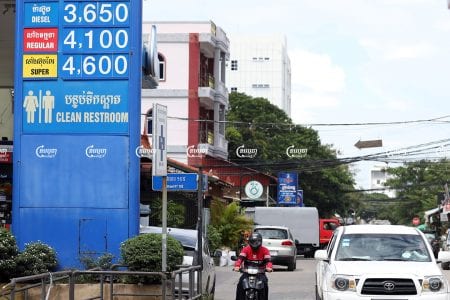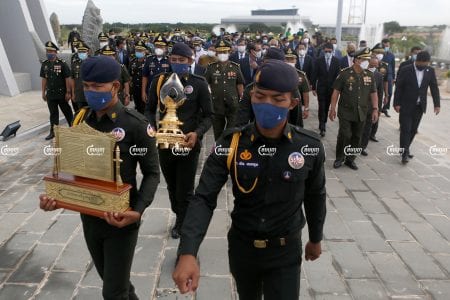As the liquidation of KrisEnergy carries on, Cambodian officials have publicly hinted the troubled oil exploration firm may face additional legal challenges after having allegedly broken its agreement with the state during the firm’s short-lived extraction in the Gulf of Thailand.
Speaking at the Sunday opening ceremony of the vaccination campaign for children and teens, Prime Minister Hun Sen said the country’s first steps into oil production had failed due to KrisEnergy’s bankruptcy. The prime minister pointed to the Singaporean firm’s weaker-than-expected production, explained Cambodia is now struggling to explore and capitalize on its offshore oil resource and said the first drops of domestically extracted oil hadn’t stayed for long.
“Even the pumped oil was taken away silently from Cambodia,” Hun Sen said. “We tried to block them, but the ship took the oil away into Thailand’s territory.”
It had only been five months earlier, on December 28, that Cambodia had witnessed the extraction of that initial haul of crude oil from the gulf. The government had enshrined the Kingdom’s first drop of crude oil at Phnom Penh’s Win-Win Monument on June 9, just five days after KrisEnergy submitted a petition to close down its affairs due to inability to pay its debts.
The Grand Court of the Cayman Islands on July 12 appointed Michael Pearson of FFP Limited and Luke Furler of AJCapital Advisory as Joint Official Liquidators to oversee the process of KrisEnergy’s liquidation.
Cheap Sour, the director-general of petroleum at the Cambodian Ministry of Mines and Energy, said a government working group is now compiling documents to file a lawsuit against the company.
“We are preparing to work on this issue,” said Sour, when asked whether the government would sue KrisEnergy.
“The company recognizes that the ship indeed took away the oil illegally,” he said. “According to sources, KrisEnergy owed the tanker money, so they took the oil.”
With any legal outcomes still uncertain, other observers are considering what the future might hold for the domestic petroleum industry.
Though he didn’t cite specific sources, Pech Pisey, executive director of Transparency International Cambodia, said research on Cambodia’s oil prospects over the next 5-10 years had previously found the country could earn on average just between $30-50 million per year if able to successfully tap its resources.
“Even if oil revenues are still small, it is new revenue for the national budget,” Pisey said, “But the good news is that if Cambodia is listed as an oil-rich country, that can provide us an influence in trade negotiations.”
The national foray into oil had been much-hyped, but it’s not the only new push into developing Cambodia’s mineral resources. In his address at the vaccination kick-off ceremony, Hun Sen said he was proud of the country’s gold mining industry, pointing to promising hauls in that sector.
Renaissance Minerals, a subsidiary of the Australia Stock Exchange-listed Emerald Resources NL, started production in June in a seam in Mondulkiri and has made a strong start, according to the prime minister. Based on information provided by the company, Renaissance expects to generate gross revenues of $185 million annually within eight years of extraction. Of this amount, the Cambodian government will earn more than $40 million from tax and royalties for national coffers.


